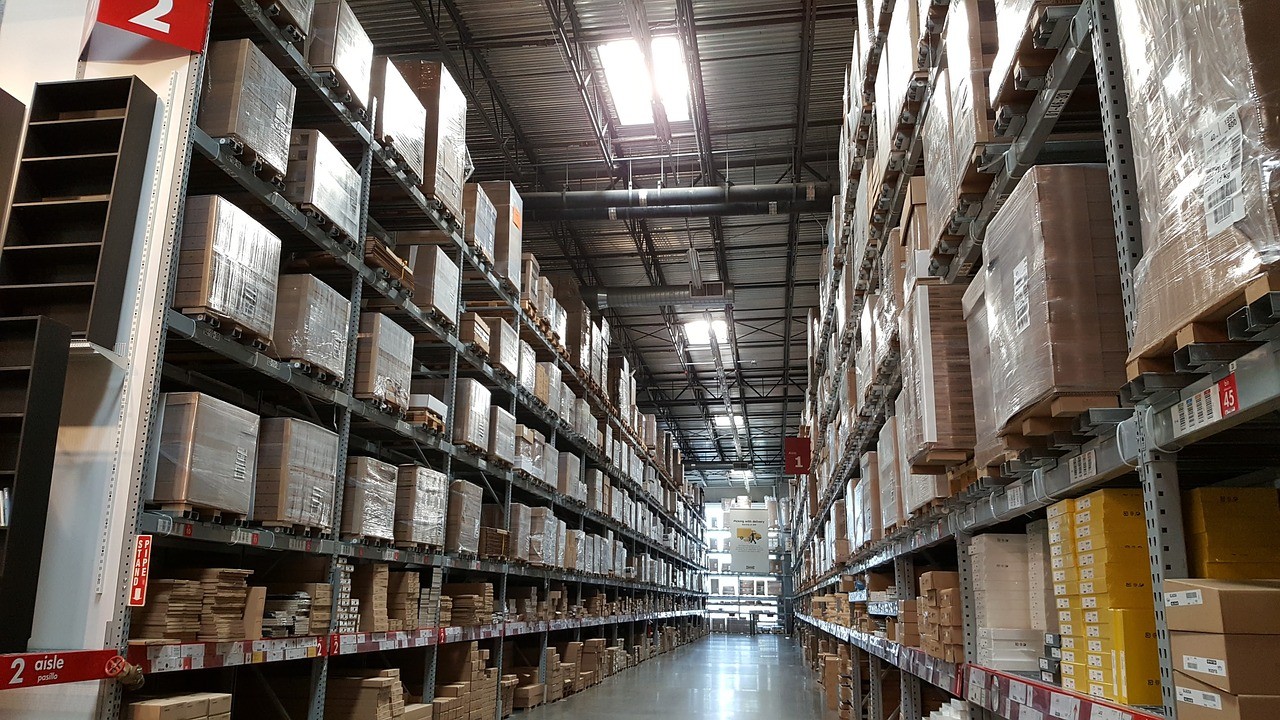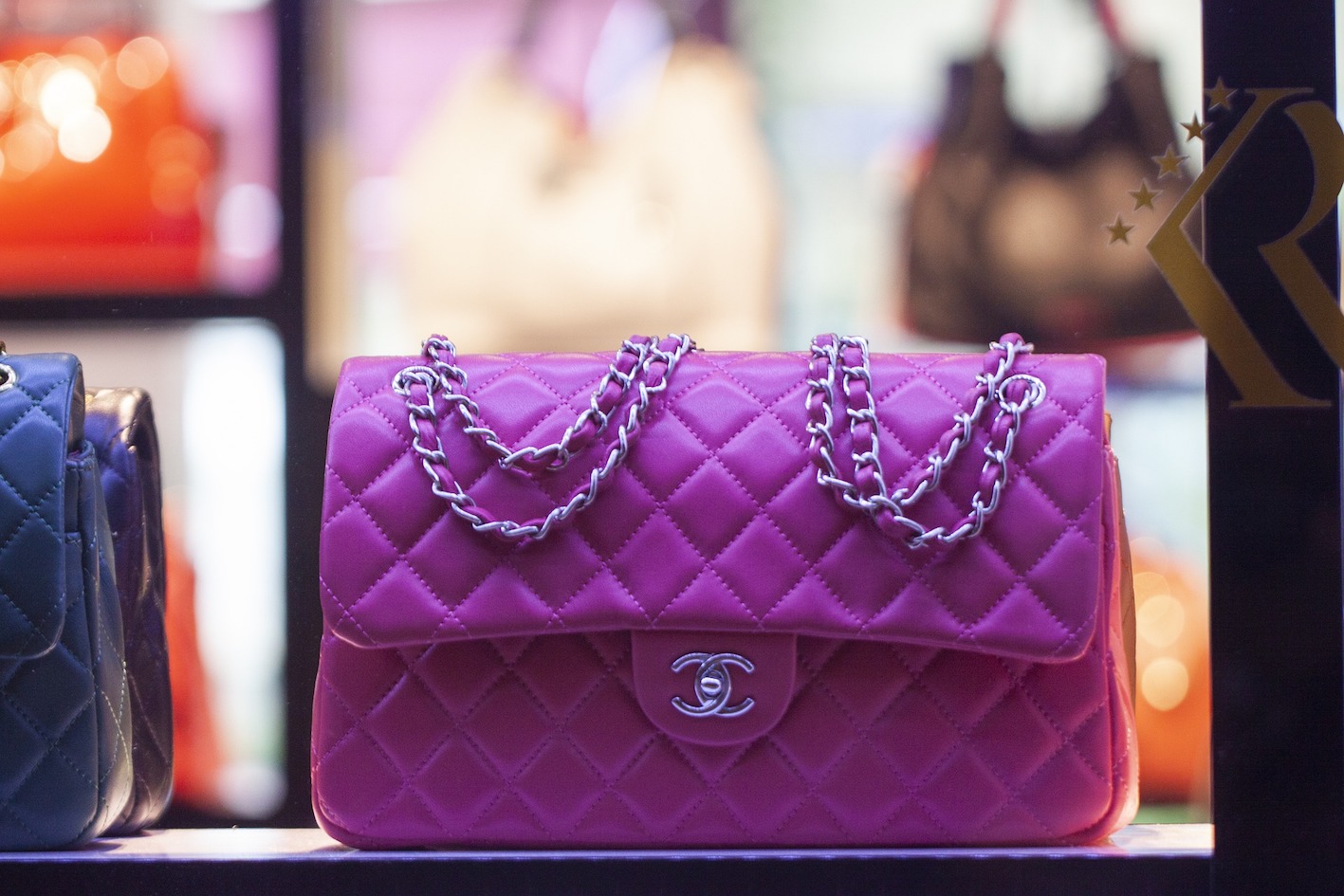The explainer Here we explain one aspect of Chinese life. Easy. So now you know.
What is Daigou?
Daigou (代购) is roughly translated as “buying (on behalf of)”, but the definition has expanded into a real cultural phenomenon over the past decade. It has grown into a trusting consumer-to-consumer network based on the export of luxury and homewares from overseas to China.
Originally a gray channel mostly controlled by international Chinese students sending home luxury items from friends and family, it has since grown into a global community and industry ranging from German knives to Australian baby food. The community spans more than a million international daigou (professional and part-time) and had total sales of more than 7.2 trillion RMB for the past year, according to the Guangzhou-based iiMedia Research Group. Sales are expected to exceed these numbers in 2020.
Success in the Daigou world

The originally unregulated market has grown rapidly in recent years for a variety of reasons. First and foremost, China’s emerging middle class is driving greater demand for luxury products. Due to the recent increase in taxes on many types of imported goods, products purchased through daigou are still cheaper than buying the same imported product in China, despite an additional fee charged by daigou for time and effort.
In addition, following a 2008 baby food scandal involving milk and infant formula, there is a lack of confidence in the Chinese market for imported products. After all, many international brands have ignored the Daigou market because it allows their brand to be launched in China without paying for advertising or product launches in China.
Advantages of Daigou
 Items purchased through daigou can provide financial freedom for Chinese students studying abroad and are convenient for small brands. Many consumers also develop a relationship with a particular Daigou they trust, enabling a more personalized shopping experience. Many Chinese buyers ask daigou for suggestions and consider their recommendations – including products that they have never tried before. The network has traditionally also offered cheaper items that benefit both sides.
Items purchased through daigou can provide financial freedom for Chinese students studying abroad and are convenient for small brands. Many consumers also develop a relationship with a particular Daigou they trust, enabling a more personalized shopping experience. Many Chinese buyers ask daigou for suggestions and consider their recommendations – including products that they have never tried before. The network has traditionally also offered cheaper items that benefit both sides.
Cons of Daigou

The Daigou network has resulted in unnecessary inventory and hoarding, which has resulted in brands and even entire industries placing purchase caps on certain items such as baby foods, vitamins and certain luxury items that affect all buyers worldwide. From a marketing perspective, the Daigou community skews the perception of a brand’s demand and potentially weakens their understanding of how their sales translate into customer loyalty.
The network unfortunately also powers the fake market as not everyone can be trusted and some sellers have found that they can double or triple their profit by supplying fake goods for the same price. Without the ability to authenticate sales, trust is an integral part of the community.
Current regulations

In January 2019, the Chinese government introduced cross-border e-commerce policies to tighten regulation of the Daigou community and encourage sellers to register and pay appropriate taxes on their profits. To prevent sellers from sending in items as “personal items” – and thus missing customs duties – the new regulations offer up to 150% higher tax breaks and an increased list of items that fall under the “duty-free” category.
Daigou, who continues to sell without complying with the regulations, can be found guilty of tax evasion, smuggling and willful violation of the law. In the future, fines of up to RMB 2 million can be imposed.
Pandemic Implications
Daigou’s sales have been uncertain since the pandemic began. An initial onslaught of transnational panic led to increased purchases. However, more recently it has been discontinued. With brands like Alexander Wang, Prada, Cartier, Miu Miu and Bulgari planning to launch on Tmall and take out the Daigou middlemen to create brand loyalty and their own customer base. There are clear attempts by luxury brands to circumvent the current source of their popularity in China.

However, the BBC predicts that such a large network is unlikely to die out. Instead, it will reinvent itself and continue to adapt while delayed shipping and limited international travel persist.
For example, Australia is currently recognizing the benefits of its large Chinese Daigou community, and while the country continues to maintain restrictions on key products to avoid over-buying, it has established the Australia China Daigou Association. They even created a Daigou platform where retail sellers can register and continue their overboard sales, potentially paving the way for other countries to follow suit.
Daigou has been recognized as the “Influencer of the East” building a new level between standard retail services and end customers, personally introducing and advising customers in a way that brands have not yet mastered.
As more Western brands enter the Chinese market, only time will tell how they will hold their own in an already saturated online market without the support of their Daigou influence.
In what form this distribution network will exist in the future is currently uncertain, but one thing that can be said with certainty is that Daigou will not be going anywhere anytime soon.
CONTINUE READING: Can Brands Succeed in China Without Live Streaming?
[All images via Pixabay]